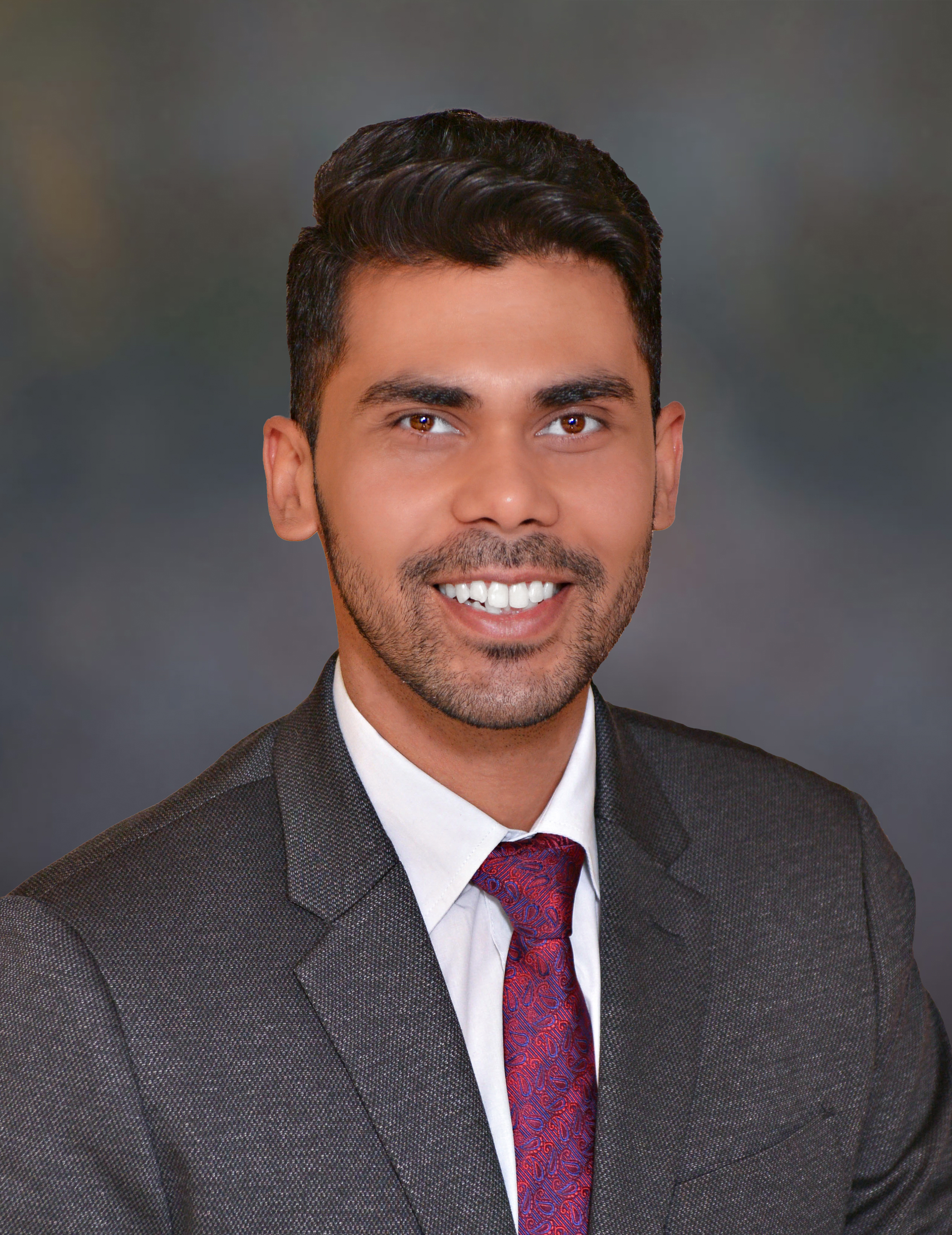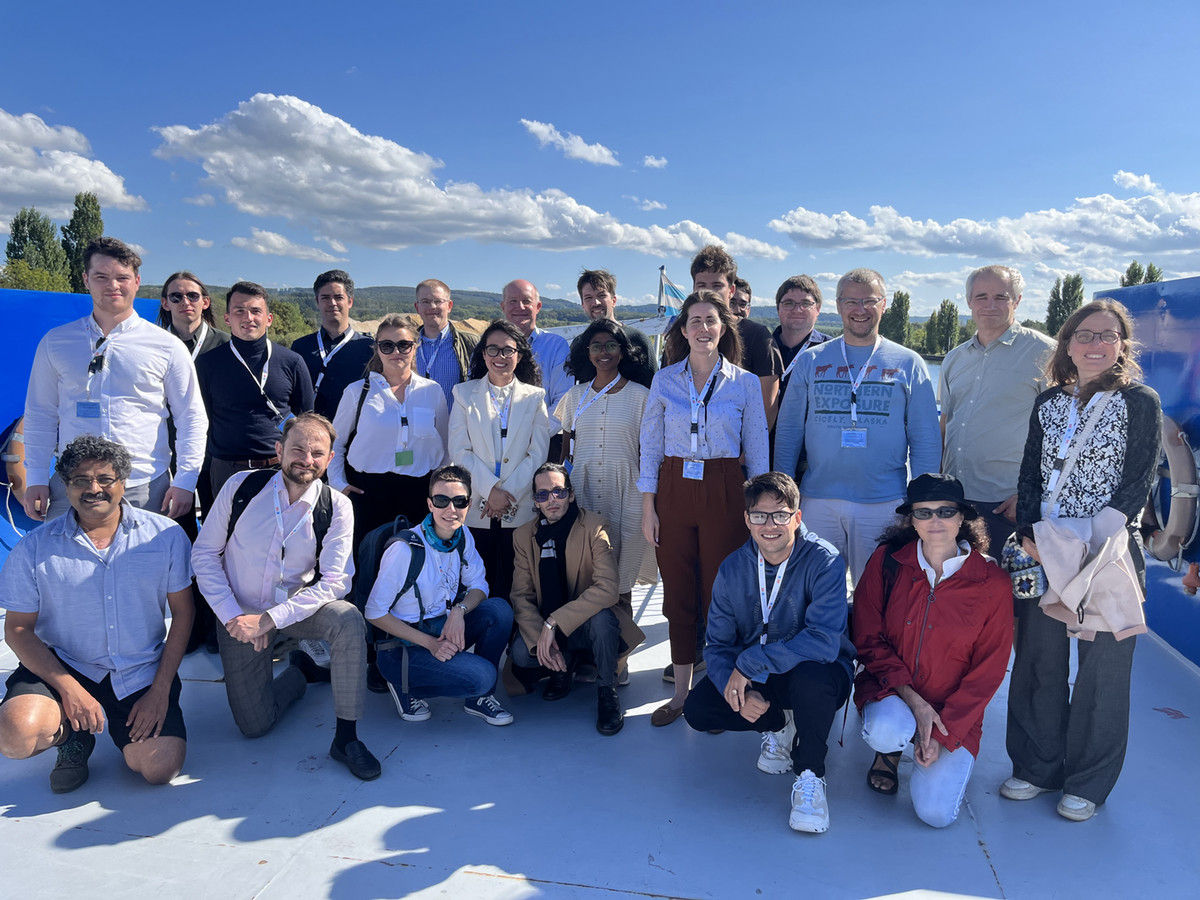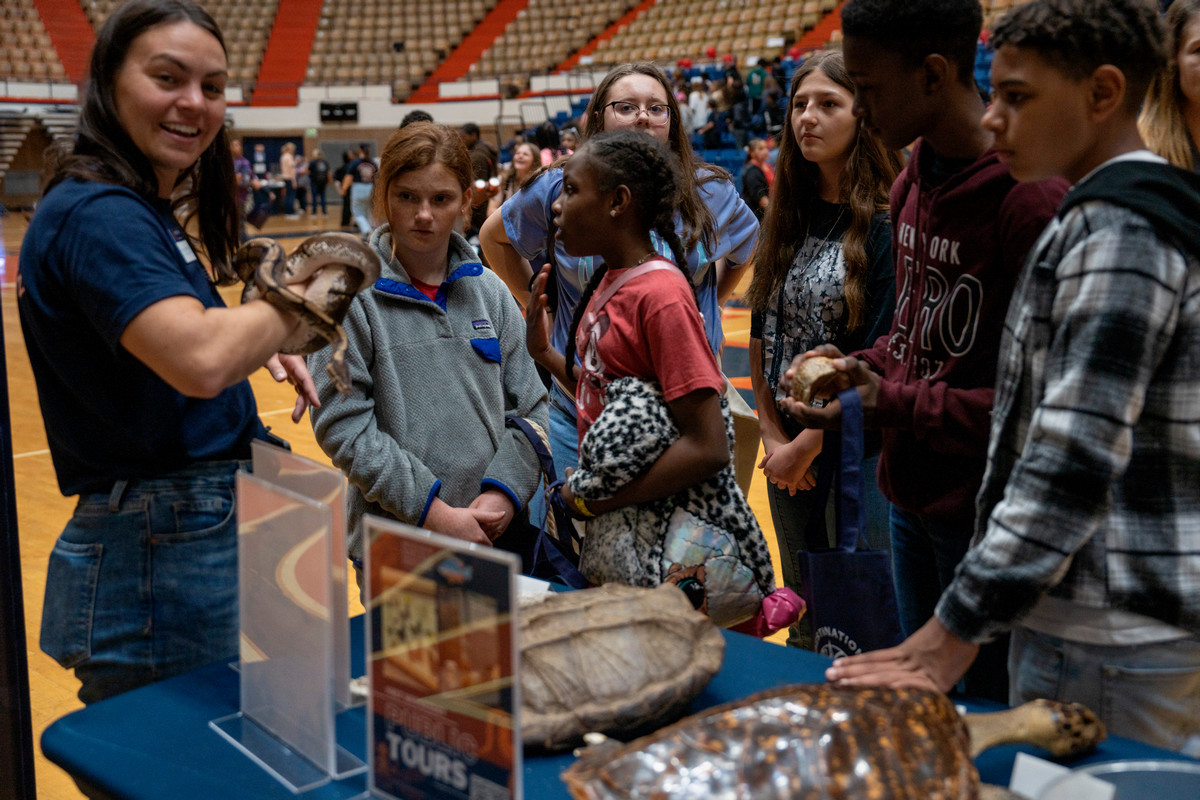
|
|||
Auburn doctoral student challenges perceptions of COVID-lockdowns' impact on air quality with international team of researchers through NASA projectResearch has indicated that overall air quality had improved during the lockdown from COVID. Most major cities saw improved air quality, making it healthier for residents during COVID. While this was true, a group of researchers from five countries began brainstorming post-COVID phase, whether air quality had similarly improved regionally and/or globally, and whether this claim was biased towards urban centers only. Among these researchers is Subhasis Ghosh, a doctoral student in the Department of Geosciences at Auburn University who played a pivotal role in conducting research using remote-sensing and cloud computing techniques to debunk the published myth that air quality had overall improved during COVID. The team found that there was a huge gap in the way air quality improvement was perceived at different scales, which they published in the Physics and Chemistry of the Earth journal. The article is titled "Have COVID lockdowns really improved global air quality? – Hierarchical observations from the perspective of urban agglomerations using atmospheric reanalysis data". The study is part of NASA’s Interdisciplinary Research in Earth Science program led by Chandana Mitra in the Department of Geosciences, which looks at urban agglomerations and their impact on urban microclimate and urban hydrological processes. 
| |||
Auburn computational chemist travels more than 4,500 miles to Luxembourg to give a tutorial on symmetry-adapted perturbation theoryKonrad Patkowski presented a tutorial how to compute interaction energies between molecules at the kick-off meeting for the PHYMOL European Doctoral Training Network in Luxembourg. Students who are part of this program were able to run calculations in real time thanks to the Psi4 open-source quantum chemistry software. Patkowski, the S. D. and Karen H. Worley Professor in Auburn’s Department of Chemistry and Biochemistry, is a co-author of Psi4.
Patkowski and his group work on developing a method called symmetry-adapted perturbation theory (SAPT). “SAPT addresses important computational needs,” he explains. “The PHYMOL researchers are all interested in intermolecular interactions and this software provides accurate interaction energies and gives insight to the nature of the interaction.” 
| |||
Destination STEM ignites a passion for Science, Technology, Engineering and Mathematics in local middle school studentsOn Friday, Oct. 20, the outreach office of College of Sciences and Mathematics (COSAM) at Auburn University hosted Destination STEM in the Beard Eaves Memorial Coliseum. More than 900 students and educators from 15 Alabama counties spent the morning exploring STEM exhibits designed to ignite curiosity in students in sciences, technology, engineering and mathematics (STEM).
Destination STEM is an annual program designed to provide hands-on experiences and exposure in STEM areas above and beyond what local, under resourced schools provide. Interactive exhibits led by more than 150 faculty, graduate and undergraduate volunteers ignited curiosity and enabled students in grades six to nine to delve deeper into areas such as physics, biology, natural resources, geology, mathematics and much more. 
| |||
View previous issues of COSAM Today.We want to hear from you! Share your good news with us.COSAM Today is published by COSAM's Office of Communications and Marketing. Questions? Send an email to mcg0052@auburn.edu. |
|||


